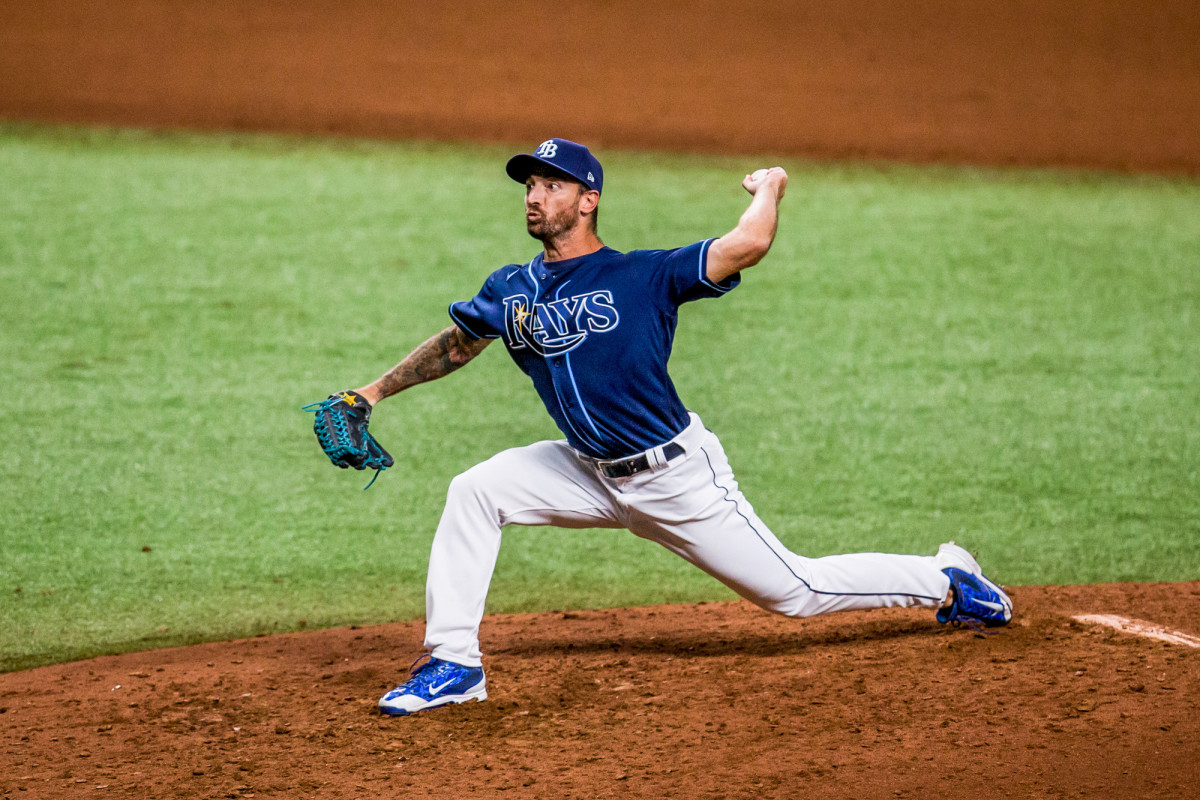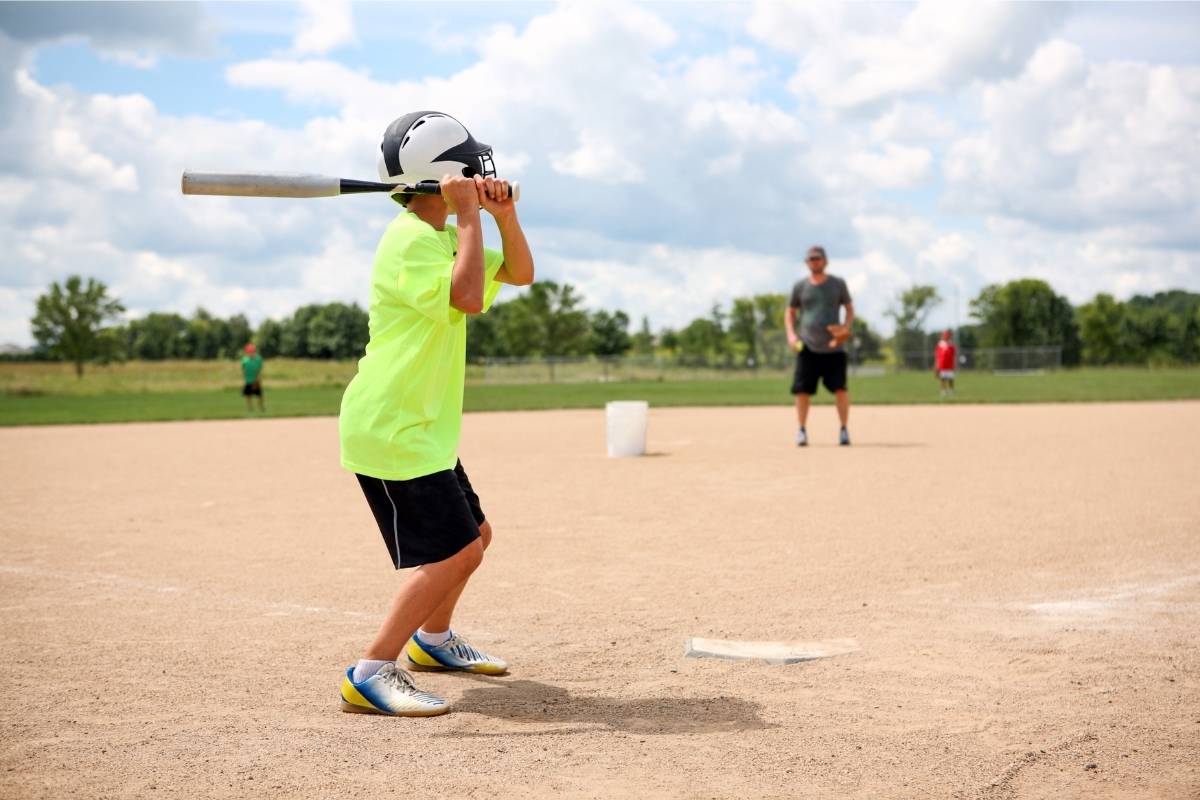
Baseball is often seen as a physical game, but the truth is, it’s just as much about mental toughness. For young players, building strong mental skills is just as important as physical practice. A sharp mind can help them stay focused, confident, and perform under pressure, turning challenges into opportunities. In this blog post, we’ll dive into why the mental side of the game matters and explore strategies to help youth baseball players develop the focus and confidence they need to thrive on the field.
Why the Mental Game Matters in Baseball

The mental game in baseball is about staying focused, keeping your composure, and performing well even when the pressure is on. It involves skills like concentration, setting goals, visualizing success, using positive self-talk, and being able to handle failure. Young players often overlook how much their mindset affects their performance. But when players understand that their mental state plays a huge role, they can start working on these important mental skills to become better athletes overall.
Setting Clear Goals: Keep Your Eyes on the Prize

Goal-setting is a powerful tool that can help young players stay motivated and on track. Encourage players to set both long-term and short-term goals that are SMART (Specific, Measurable, Achievable, Relevant, and Time-bound). These goals might be related to their overall performance, improving specific skills, or achieving personal milestones. Having clear, attainable goals helps give players a sense of purpose and direction. It keeps them focused on what they want to achieve and encourages them to keep striving for improvement.
Visualization: See Success Before It Happens

Visualization is a mental technique that can help players imagine themselves succeeding. It’s like running through a movie in your mind where you picture yourself making a great catch, hitting a home run, or getting the final out of the game. This process helps players build confidence by mentally rehearsing success. Encourage young athletes to practice visualization regularly—whether it’s before practices, games, or even during downtime. The more they visualize themselves performing well, the more they’ll feel confident when it’s time to step up to the plate or take the mound.
Positive Self-Talk: Talk Yourself Up

How players talk to themselves can have a big impact on their performance. Negative self-talk can lead to self-doubt, frustration, and poor performance. On the other hand, positive self-talk can boost confidence and resilience. Teach young players to replace negative thoughts with positive, encouraging ones. Instead of thinking, “I can’t do this,” they should say, “I’ve practiced for this moment, and I know I can handle it.” Focusing on strengths, past successes, and the progress they’ve made helps players stay focused and reduce anxiety, especially in tough moments.
Developing Resilience: Bounce Back Stronger

Baseball is a game of failure—everyone strikes out or makes an error from time to time. How players bounce back from those setbacks is what sets the great ones apart. Building resilience helps young athletes stay mentally strong and maintain their confidence, even after mistakes. Teach them to view failures as opportunities to learn and grow, not as personal shortcomings. Remind them that every mistake is part of the learning process and helps them get better. With resilience, players can stay motivated and focused, no matter what challenges they face.
Mindfulness and Breathing: Stay Calm and Focused

Mindfulness techniques, like deep breathing and meditation, can help young players stay calm and focused, especially during high-pressure situations. Encourage players to practice deep breathing exercises before practices or games to clear their minds and center themselves. These techniques can also be used during stressful moments, like stepping up to the plate with the game on the line, to help manage anxiety and maintain composure. When players focus on their breath, they can remain present and perform at their best.
FAQs: Boosting Mental Toughness in Youth Baseball
Q: What is the mental game in baseball?
A: The mental game in baseball refers to a player’s ability to stay focused, maintain composure, and perform under pressure. It involves skills like concentration, positive self-talk, goal-setting, and dealing with failure. Mental toughness is just as important as physical ability in achieving success on the field.
Q: How do I set effective goals for my young player?
A: Help them set SMART goals—Specific, Measurable, Achievable, Relevant, and Time-bound. These goals can be about improving certain skills, achieving a performance milestone, or working on personal growth. Goals give players something to strive for and help them stay motivated.
Q: How can visualization help a young player perform better?
A: Visualization allows players to mentally rehearse success. By imagining themselves making successful plays, hitting well, or pitching effectively, players can build confidence and prepare mentally for game situations. It’s a great way to boost self-belief and reduce anxiety.
Q: What’s the importance of positive self-talk in youth baseball?
A: Positive self-talk helps players stay focused and confident. Instead of letting negative thoughts take over, positive self-talk encourages players to believe in their abilities and focus on their strengths. It’s an effective tool for overcoming self-doubt and staying resilient in tough moments.
Q: How can a player develop resilience?
A: Resilience is developed by learning to view failure as a chance to grow rather than a setback. Teach players that mistakes are a natural part of the game, and every error or failure is an opportunity to learn and improve. Encouraging them to keep a positive attitude and not give up is key to building resilience.
Q: Can mindfulness and breathing really help during games?
A: Yes! Mindfulness techniques, especially deep breathing, help players stay calm and focused, especially in high-pressure moments. Practicing deep breathing before and during the game helps reduce stress and improves concentration, allowing players to perform better when it counts.
Conclusion: The Mental Game Is Just as Important as the Physical
The mental game is an often-overlooked but incredibly important part of youth baseball. By developing focus and confidence, players can improve their performance, stay composed under pressure, and overcome challenges. Whether it’s through goal-setting, visualization, positive self-talk, resilience, or mindfulness practices, building mental strength is key to becoming a successful athlete. Encourage your young players to work on their mental game, and they’ll be more prepared to handle the ups and downs of the game with confidence and focus. With the right mindset, they can achieve their full potential on and off the field.

